What is Mental Wellness
Mental wellbeing is a positive state of mental health. It is more than the absence of mental illness. Discover what being mentally well means, and how it can help you lead a fulfilling life.
- Coping with Insomnia
- Dealing with Stress
- Managing Mental Health Crisis
- The Art of Relaxation
- Anxiety Disorders
- Depression and Bipolar Disorder
- Schizophrenia
- Useful Resources
- Caregivers for Youth
- Road to Resilience
Being mentally well means that your mind is in order and functioning in your best interest. You are able to think, feel and act in ways that create a positive impact on your physical and social well-being.
The Importance of Mental Wellness
Read about mental awareness with Pritish Halder, Mentally stable people are positive, self-assured and happy. They are in control of their thoughts, emotions and behavior. This enables them to handle challenges, build strong relationships and enjoy life.
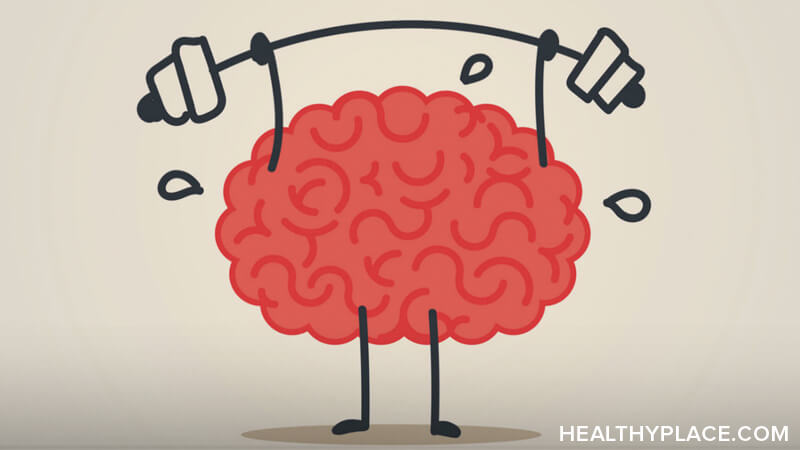
Achieving good mental health will enable you to:
- Realize your own abilities,
- Cope with the stress and challenges of life,
- Engage in productive work,
- Contribute to your community.
Sustaining mental health requires time and effort. The more you invest in your mental health, the stronger it will become.
Working Towards Mental Wellness
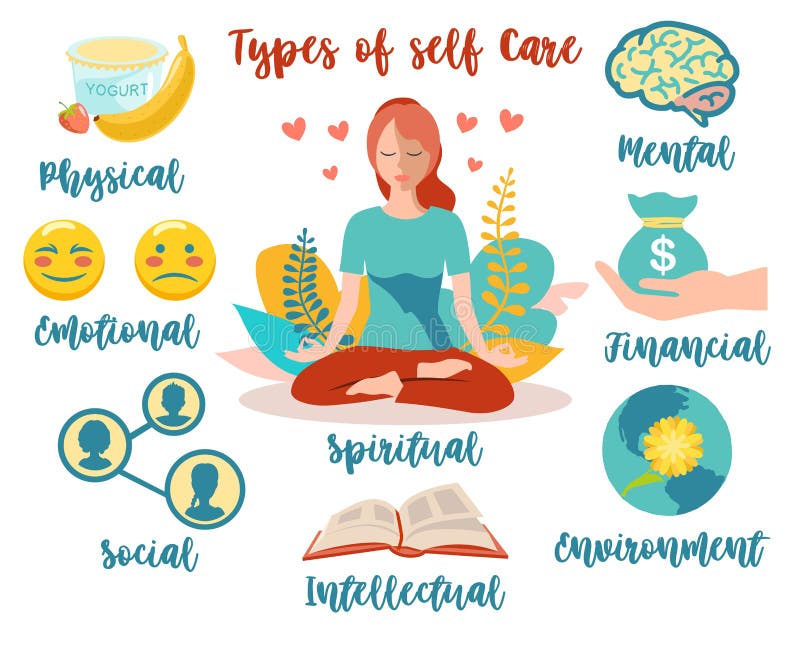
There are many ways you can enhance your mood, build resilience, and get more enjoyment out of life.
- Learn to be at peace with yourself
- Get to know who you are and what makes you happy
- Acknowledge what you can and cannot change about yourself
- Identify your abilities and weaknesses, accept them, build on them, and do the best with what you have
- Pay attention to your own needs and feelings
- Express your thoughts through a journal or blog to understand more about yourself
- Work towards your objectives
- Set SMART goals (Specific, Measurable, Achievable, Relevant, Time-limited)
- Maintain a healthy lifestyle
- Take balanced meals
- Exercising regularly
- Limit alcohol consumption
- Avoid cigarettes and other harmful substances
- Build strong relationships
- Make time for family and friends, and share life’s joys and sorrows with them
- Create a financial budget
- Refrain from overspending and focus on ‘needs’ instead of ‘wants’
- Volunteer for a cause
- Being involved in the community gives a sense of purpose and satisfaction
Your mind is the window to your body and soul, so make sure it receives proper nourishment.
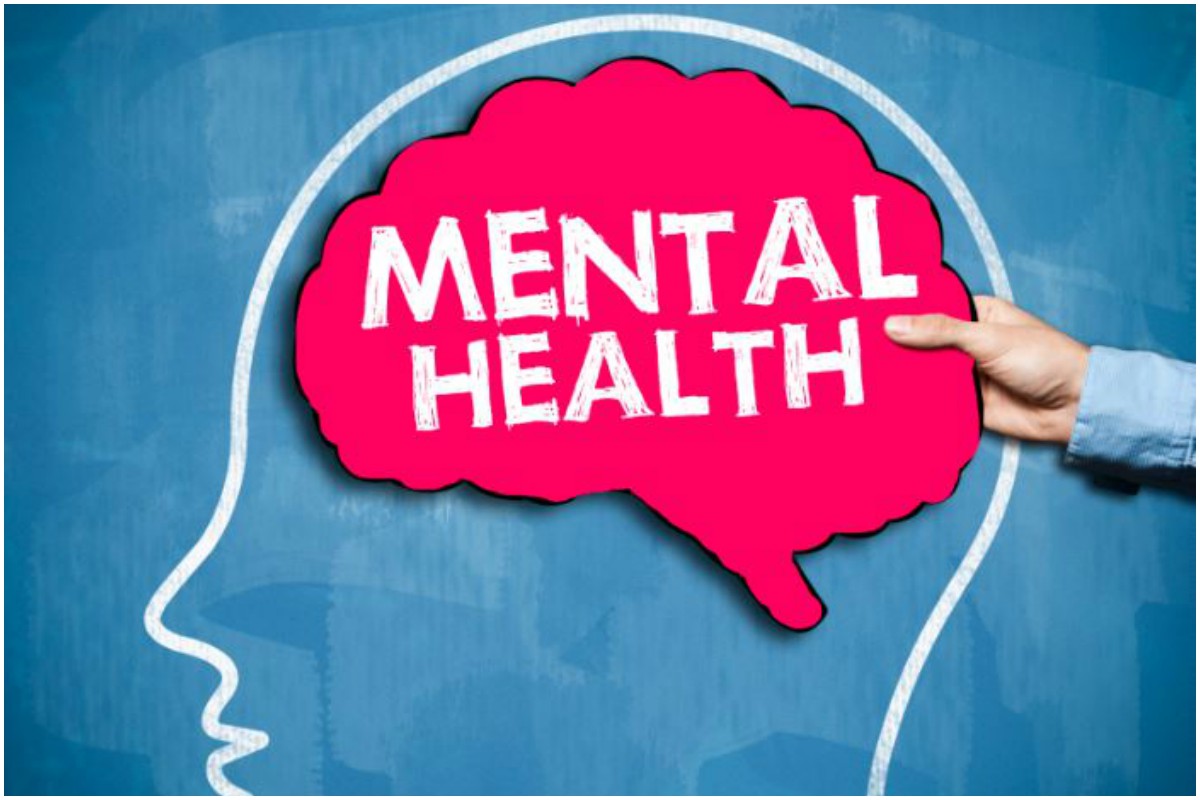
Our brain is a powerful thing. Mental state not only controls your consciousness, but also determines how your body functions. Stress, grief and depression can have a negative effect on your mental health. Studies have shown that serious mental illnesses can lower life expectancy by 10 to 15 years.
The Department of Psychiatry from Singapore General Hospital (SGH), a member of the Sing Health group, shares 10 ingredients that can boost your mental wellness for a healthier you.
Get at least eight hours of sleep a day
You are more alert and less prone to stress after a good night’s rest. Getting enough sleep can also improve your memory.

Eat a healthy diet
Foods rich in omega-3 fatty acids, such as salmon, tuna and mackerel, cut the risk of dementia and mental decline. Good nutrition is a natural defense against stress. Begin your day with a nutritious breakfast, preferably of wholegrain cereals and fruits, and take balanced meals throughout the day.
Keep yourself active
At least 150 minutes of exercise a week (or 30 minutes daily) is ideal
Exercising not only keeps you physically strong, it also reduces or prevents stress. Go for a walk or unwind with yoga. It is better to do moderate exercise regularly than to have a heavy workout occasionally.

Interact with others.
Talk to another person for at least 10 minutes daily
Having conversation with people stimulates the brain. A study in the US found that talking to another person for just 10 minutes a day improves memory scores. Also, the more you interact with others, the faster your brain will work.
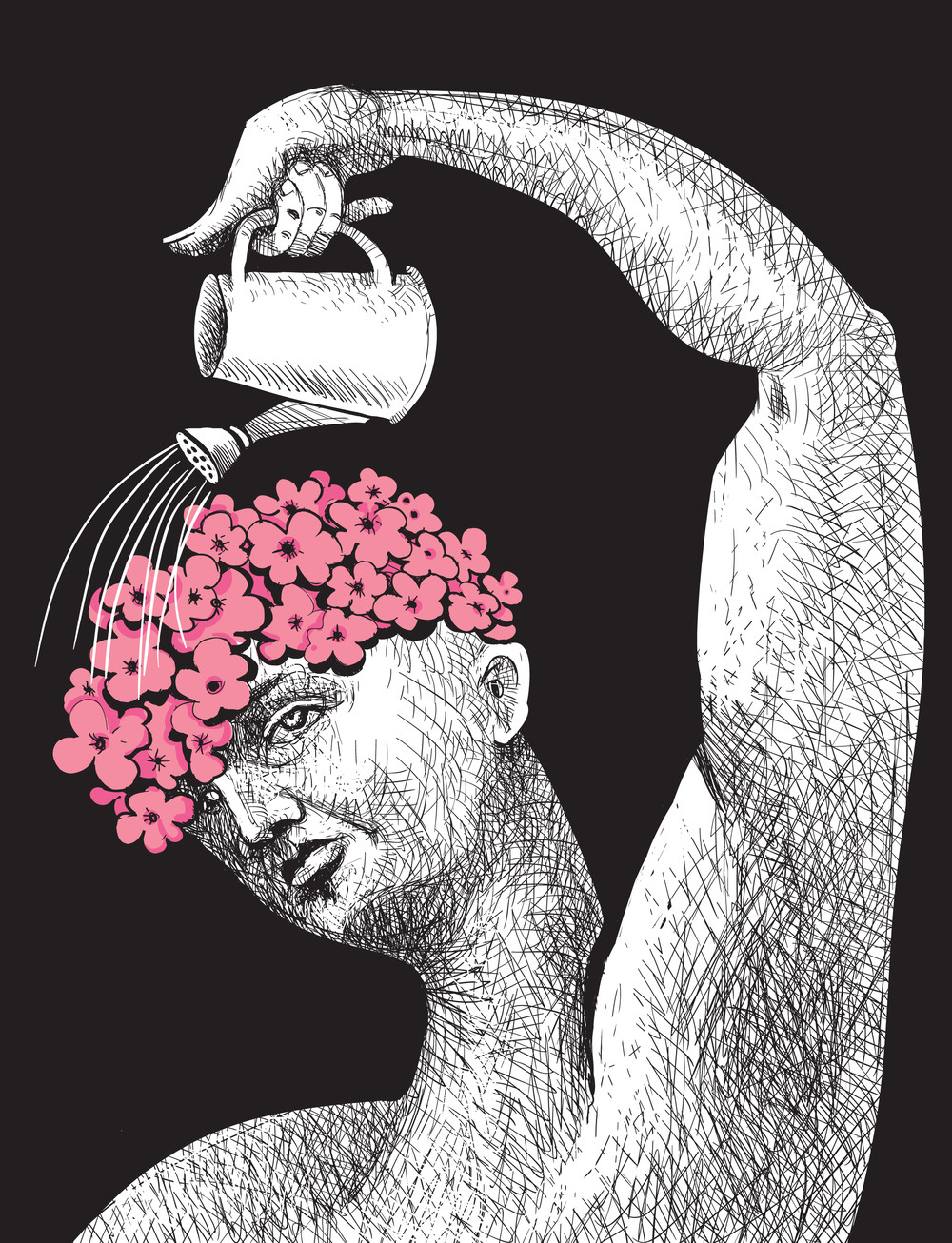
Pick up a new skill or hobby
Learning to play a musical instrument, acquiring computer skills, starting a new hobby or learning to cook a new dish can help keep your brain active and healthy.
Get a mental workout.
Engaging in mind-boggling games involves a combination of memory, decision-making and strategizing, which keeps the brain active and prevents dementia. In addition, playing in a group will boost interaction.
Do something for others. This is the best remedy when you’re feeling down
Helping a friend or family member, or doing community work helps you to take the focus away from yourself. In turn, you will feel more positive and less helpless.
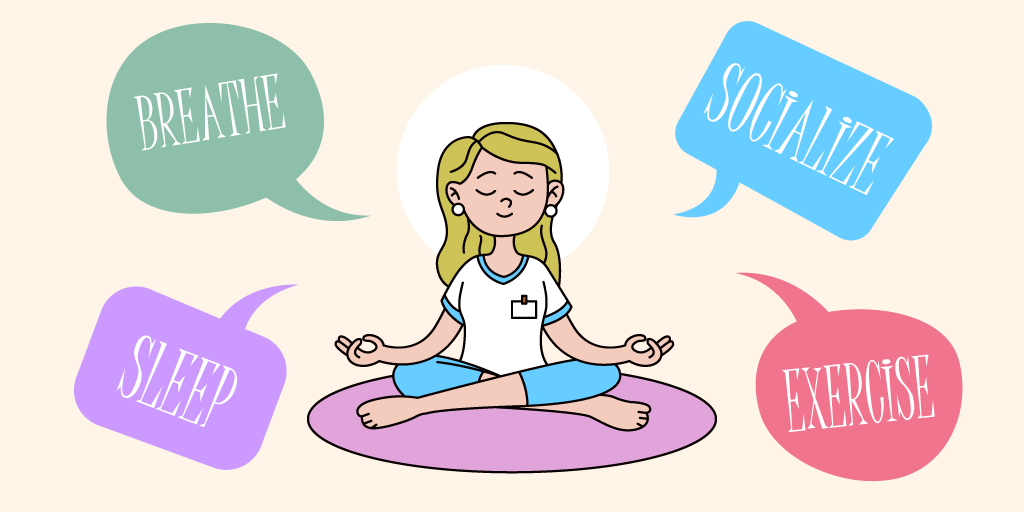
Learn to manage stress
Make a list of goals and check them off when they are completed. This will help you tackle things one at a time. Seeing problems as opportunities or focusing on the positive can also help to reduce stress. Stress cannot be avoided, but you can learn to manage stress.
Avoid alcohol, cigarettes and drugs. They are not the solutions to problems
If you have emotional problems, seek support from family and friends, or get professional help. Alcohol, cigarettes and drugs provide only temporary relief from stress and unhappiness.
Laughter is the best medicine.
Laugh yourself silly and have fun whenever you can. Laughing can help to keep the doctor away because humor activates the brain’s reward and pleasure centers, generating emotions and relaxing the mind.
Building Better Mental Health
Looking to boost your mood, handle your emotions better, or build resilience? These six life-changing strategies for improving mental health and well-being can show you how.

Understanding good mental health
Your mental wellness influences how you think, feel, and behave in daily life. It also affects your ability to cope with stress, overcome challenges, build relationships, and recover from life’s setbacks and hardships.
Strong mental health isn’t just the absence of mental health problems. Being mentally or emotionally healthy is much more than being free of depression, anxiety, or other psychological issues. Rather than the absence of mental illness, mental health refers to the presence of positive characteristics.
The relationship between resilience and mental health
Having solid mental health doesn’t mean that you never go through bad times or experience emotional problems. We all go through disappointments, loss, and change. And while these are normal parts of life, they can still cause sadness, anxiety, and stress. But just as physically healthy people are better able to bounce back from illness or injury, people with strong mental health are better able to bounce back from adversity, trauma, and stress. This ability is called resilience.

People who are emotionally and mentally resilient have the tools for coping with difficult situations and maintaining a positive outlook. They remain focused, flexible, and productive, in bad times as well as good. Their resilience also makes them less afraid of new experiences or an uncertain future. Even when they don’t immediately know how a problem will get resolved, they are hopeful that a solution will eventually be found.
How to boost your mental health
Keys to mental health
Anyone can suffer from mental or emotional health problems—and over a lifetime most of us will. This year alone, about one in five of us will suffer from a diagnosable mental disorder. Yet, despite how common mental health problems are, many of us make no effort to improve our situation.
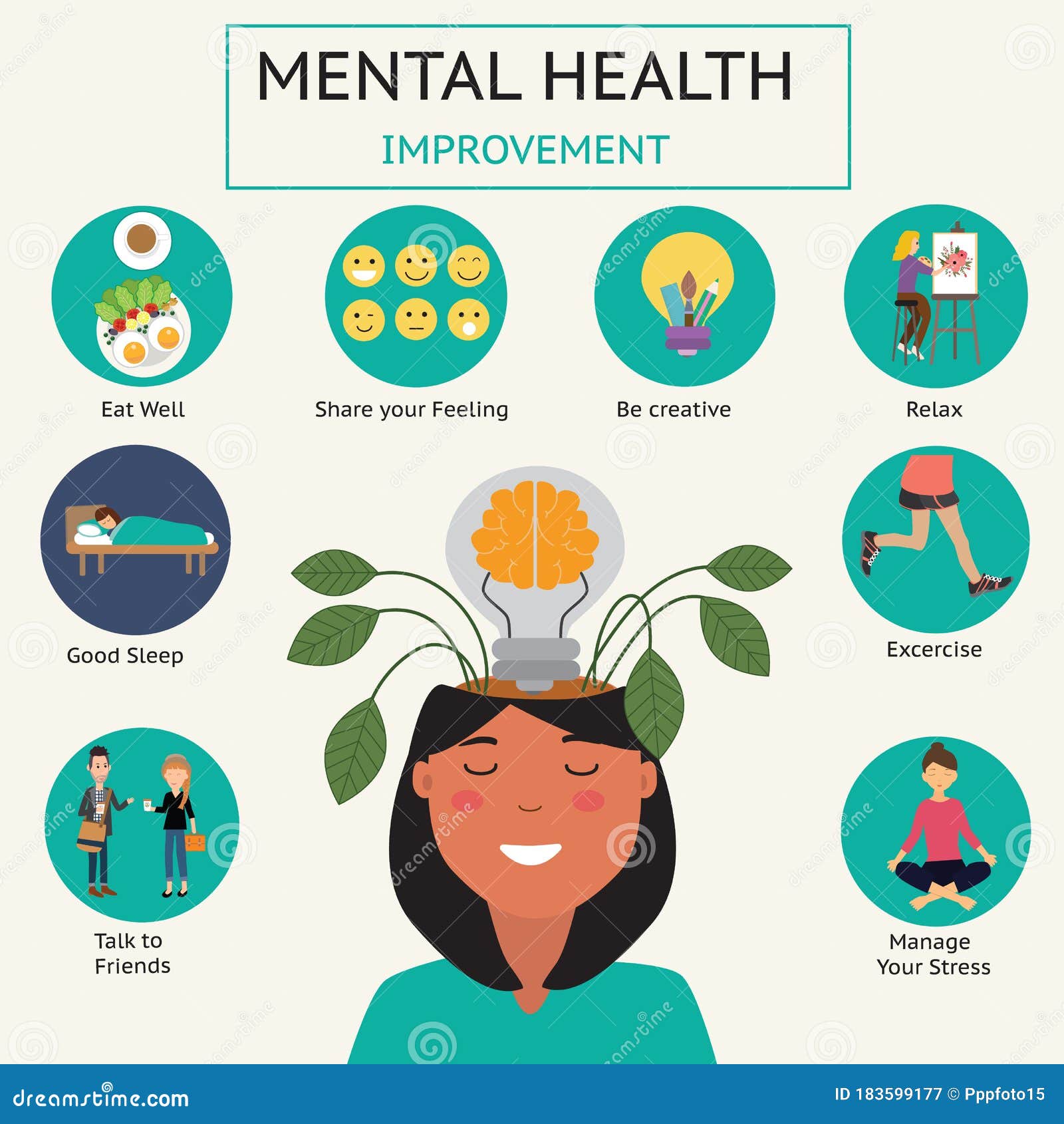
We ignore the emotional messages that tell us something is wrong and try toughing it out by distracting ourselves or self-medicating with alcohol, drugs, or self-destructive behaviors. We bottle up our problems in the hope that others won’t notice. We hope that our situation will eventually improve on its own. Or we simply give up—telling ourselves this is “just the way we are.”
The good news is: you don’t have to feel bad. There are practices you can adopt to elevate your mood, become more resilient, and enjoy life more. But just as it requires effort to build and maintain physical health, so it is with mental health. We have to work harder these days to ensure strong mental health, simply because there are so many ways that life takes a toll on our emotional well-being.
Why we often neglect our mental health needs
Even in today’s advanced world, many of us are often reluctant—or unable—to address our mental health needs. This can stem from a variety of reasons, including:
In some societies, mental and emotional issues are seen as less legitimate than physical issues. They’re seen as a sign of weakness or somehow as being our own fault.

Some people mistakenly see mental health problems as something we should know how to “snap out of.” Men, especially, would often rather bottle up their feelings than seek help.
In our fast-paced world, we’re obsessed with seeking quick, simple answers to complex problems. We look for connection with others by compulsively checking social media instead of reaching out to people in the real world, for example. Or to boost our mood and ease depression, we’d rather pop a pill rather tackle the underlying issues.

Many people think that if they do seek help for mental and emotional problems, the only treatment options available are medication (which comes with unwanted side effects) or therapy (which can be lengthy and expensive). The truth is that, whatever your issues, there are steps you can take to improve the way you feel and experience greater mental and emotional well-being. And you can start today!
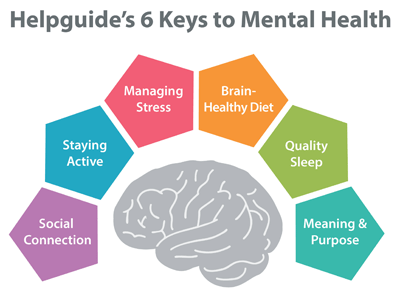
Make social connection a priority—especially face-to-face
No matter how much time you devote to improving your mental and emotional health, you will still need the company of others to feel and function at your best. Humans are social creatures with emotional needs for relationships and positive connections to others. We’re not meant to survive, let alone thrive, in isolation. Our social brains crave companionship—even when experience has made us shy and distrustful of others.

Why is face-to-face connection so important?
Phone calls and social networks have their place, but nothing can beat the stress-busting, mood-boosting power of quality face-to-face time with other people.

Reaching out is not a sign of weakness and it won’t make you a burden to others. Most people are flattered if you trust them enough to confide in them. If you don’t feel that you have anyone to turn to, there are good ways to build new friendships and improve your support network. In the meantime, there is still a great benefit to interacting face-to-face with acquaintances or people you encounter during the day, such as neighbors, people in the checkout line or on the bus, or the person serving you your morning coffee. Make eye contact and exchange a smile, a friendly greeting, or small talk.
Tips for connecting to others
Call a friend or loved one now and arrange to meet up. If you both lead busy lives, offer to run errands or exercise together. Try to make it a regular get-together.
If you don’t feel that you have anyone to call, reach out to acquaintances. Lots of other people feel just as uncomfortable about making new friends as you do—so be the one to break the ice. Reconnect with an old friend, invite a coworker out for lunch, or ask a neighbor to join you for coffee.

Get out from behind your TV or computer screen. Communication is a largely nonverbal experience that requires you to have direct contact with other people, so don’t neglect your real-world relationships in favor of virtual interaction.
Be a joiner. Join networking, social, or special interest groups that meet on a regular basis. These groups offer wonderful opportunities for meeting people with common interests.
Don’t be afraid to smile and say hello to strangers you cross paths with. Making a connection is beneficial to both of you—and you never know where it may lead!
Staying active is as good for the brain as it is for the body
The mind and the body are intrinsically linked. When you improve your physical health, you’ll automatically experience greater mental and emotional well-being. Physical activity also releases endorphins, powerful chemicals that lift your mood and provide added energy. Regular exercise or activity can have a major impact on mental and emotional health problems, relieve stress, improve memory, and help you to sleep better.
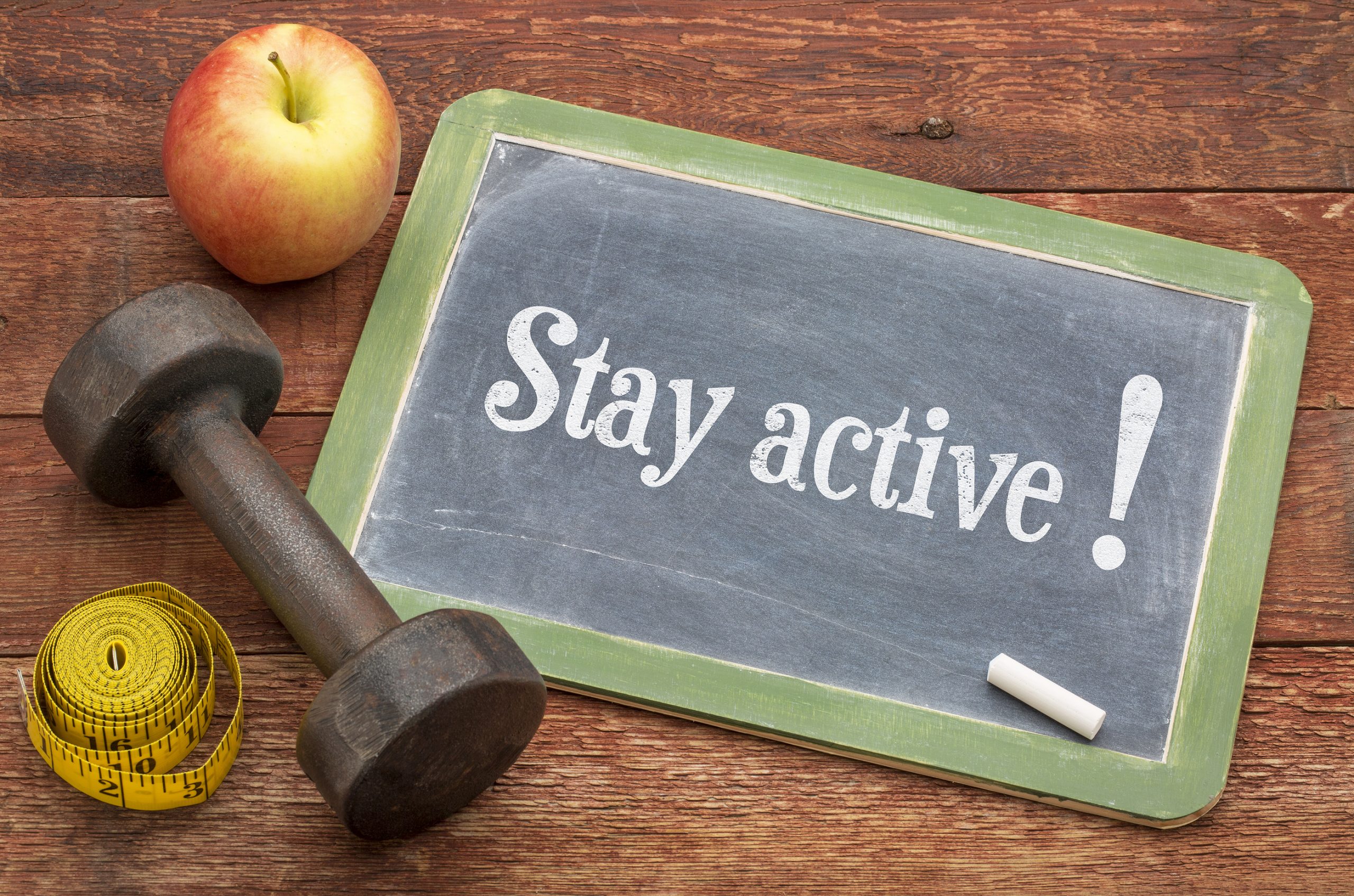
But what if I hate to exercise?
Well, you’re not alone. Pounding weights in a gym or jogging on a treadmill isn’t everyone’s idea of a great time. But you don’t have to be a fitness fanatic to reap the benefits of being more active. Take a walk at lunchtime through a park, walk laps in an air-conditioned mall while window shopping, throw a Frisbee with a dog, dance to your favorite music, play activity-based video games with your kids, cycle or walk to an appointment rather than drive.

You don’t have to exercise until you’re soaked in sweat or every muscle aches. Even modest amounts of physical activity can make a big difference to your mental and emotional health—and it’s something you can engage in right now to boost your energy and outlook and help you regain a sense of control.
Tips for starting an exercise routine
Aim for 30 minutes of activity on most days. If it’s easier, three 10-minute sessions can be just as effective. Start now by taking a walk or dancing to a favorite song.

Try rhythmic exercise that engages both your arms and legs, such as walking, running, swimming, weight training, martial arts, or dancing.
Add a mindfulness element to your workouts. Instead of focusing on your thoughts, focus on how your body feels as you move—how your feet hit the ground, for example, the rhythm of your breathing, or the feeling of wind on your skin.
Learn how to keep your stress levels in check
Stress takes a heavy toll on mental and emotional health, so it’s important to keep it under control. While not all stressors can be avoided, stress management strategies can help you brings things back into balance.

Talk to a friendly face
Face-to-face social interaction with someone who cares about you is the most effective way to calm your nervous system and relieve stress. Interacting with another person can quickly put the brakes on damaging stress responses like “fight-or-flight.” It also releases stress-busting hormones, so you’ll feel better even if you’re unable to alter the stressful situation itself.
Appeal to your senses
Does listening to an uplifting song make you feel calm? Or smelling ground coffee or a favorite scent? Or maybe squeezing a stress ball works quickly to make you feel centered? Everyone responds to sensory input a little differently, so start experimenting now to find what works best for you. Once you discover how your nervous system responds to sensory input, you’ll be able to quickly calm yourself no matter where or when stress hits.

Make leisure time a priority
Partake in your favorite activities for no reason other than that they make you feel good. Go to a funny movie, take a walk on the beach, listen to music, read a good book, or talk to a friend. Doing things just because they are fun is no indulgence. Play is an emotional and mental health necessity.
Make time for contemplation and appreciation. Think about the things you’re grateful for. Mediate, pray, enjoy the sunset, or simply take a moment to pay attention to what is good, positive, and beautiful as you go about your day.
Take up a relaxation practice
While sensory input can relieve stress in the moment, relaxation techniques can help reduce your overall levels of stress—although they’re likely to take more time to learn effectively. Yoga, mindfulness meditation, deep breathing, or progressive muscle relaxation can put the brakes on stress and bring your mind and body back into a state of balance.
/large-group-meditating-at-yoga-practice-640630221-5760446d5f9b58f22eddcdc0.jpg)
Eat a brain-healthy diet to support strong mental health
Unless you’ve tried to change your diet in the past, you may not be aware how much of what you eat—and don’t eat—affects the way you think and feel. An unhealthy diet can take a toll on your brain and mood, disrupt your sleep, sap your energy, and weaken your immune system. Conversely, switching to a wholesome diet, low in sugar and rich in healthy fats, can give you more energy, improve your sleep and mood, and help you to look and feel your best.
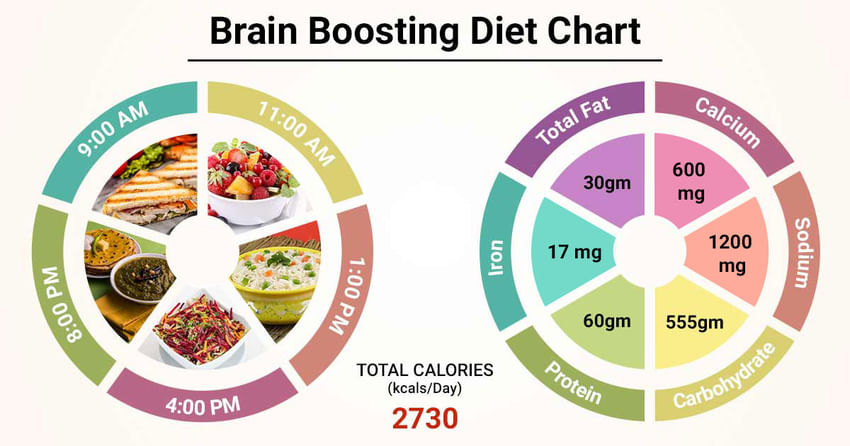
People respond slightly differently to certain foods, depending on genetics and other health factors, so experiment with how the food you include in—or cut from—your diet changes the way you feel. The best place to start is by cutting out the “bad fats” that can damage your mood and outlook, and replace them with “good fats” that support brain-health.

Find purpose and meaning in life
Everyone derives meaning and purpose in different ways that involve benefitting others, as well as yourself. You may think of it as a way to feel needed, feel good about yourself, a purpose that drives you on, or simply a reason to get out of bed in the morning. In biological terms, finding meaning and purpose is essential to brain health as it can help generate new cells and create new neural pathways in the brain. It can also strengthen your immune system, alleviate pain, relieve stress, and keep you motivated to pursue the other steps to improve mental and emotional health. However you derive meaning and purpose in life, it’s important to do it every day.

When to seek professional help
If you’ve made consistent efforts to improve your mental and emotional health and still aren’t functioning optimally at home, work, or in your relationships, it may be time to seek professional help. Following these self-help steps will still benefit you, though. In fact, input from a caring professional can often help motivate us to take better care of ourselves.
Reference
https://www.helpguide.org/articles/mental-health/building-better-mental-health.htm
https://www.healthxchange.sg/wellness/mental-health/ten-ways-achieve-mental-wellness

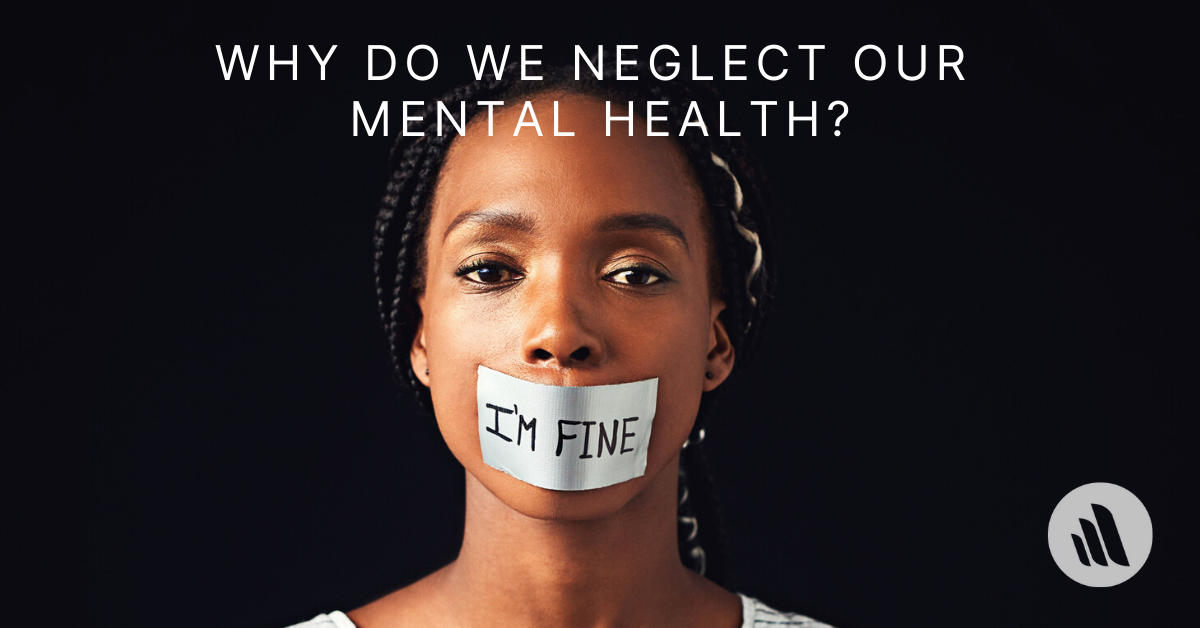












Your article gave me a lot of inspiration, I hope you can explain your point of view in more detail, because I have some doubts, thank you.